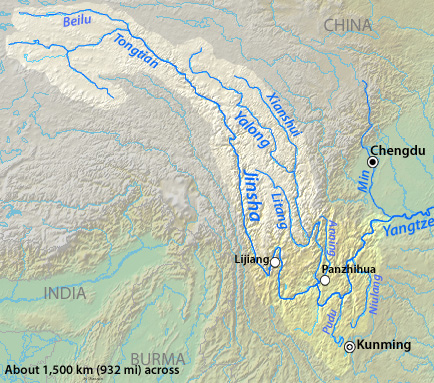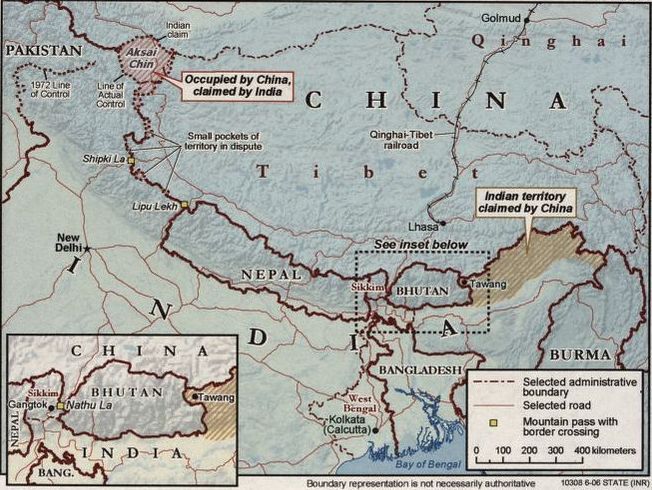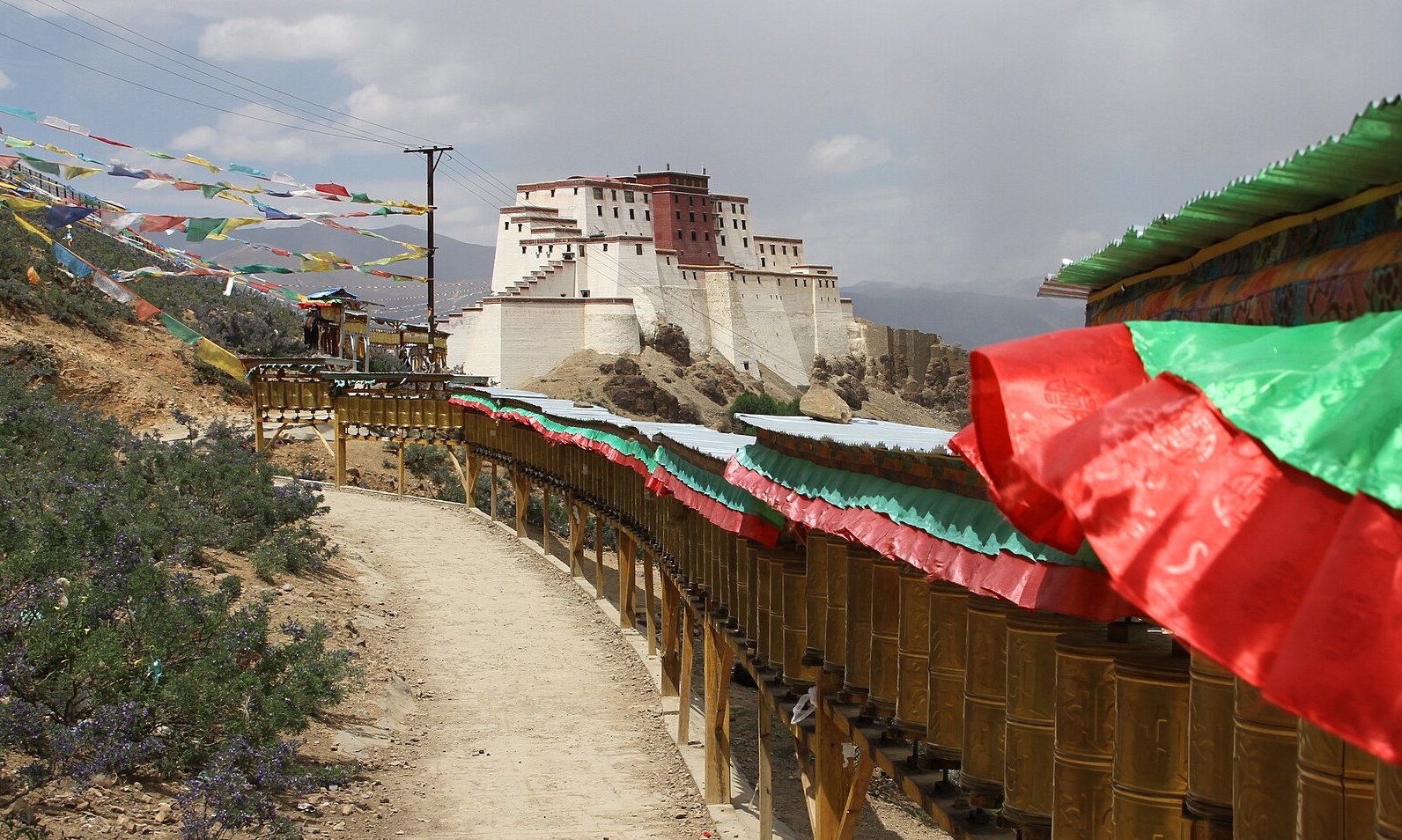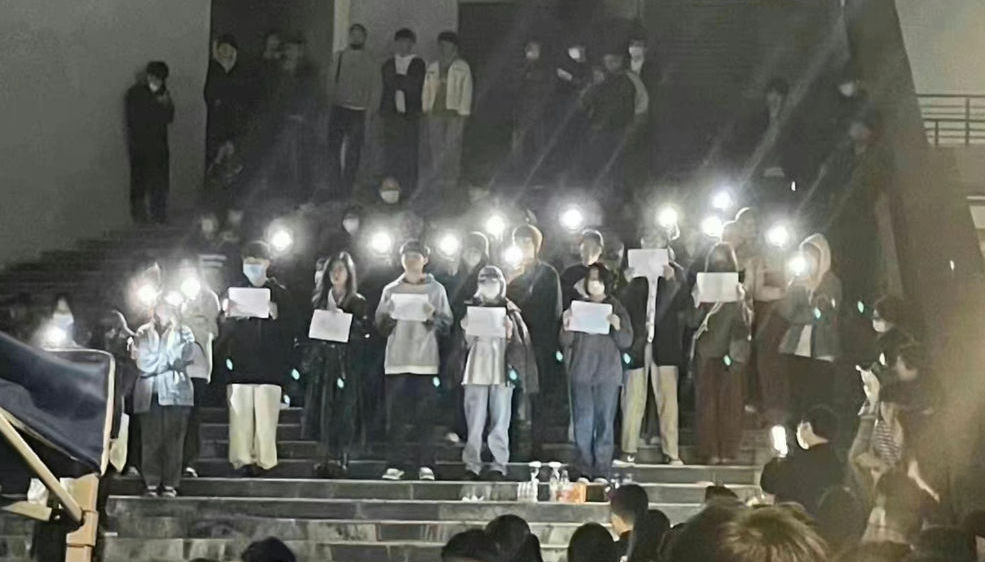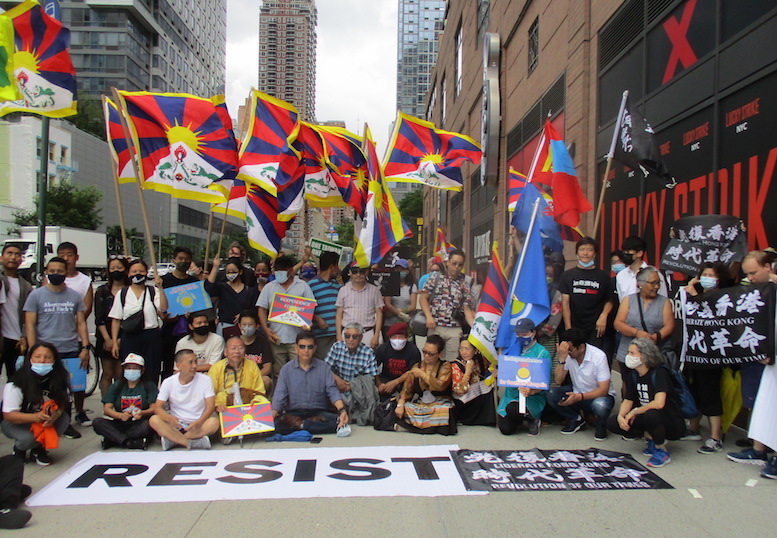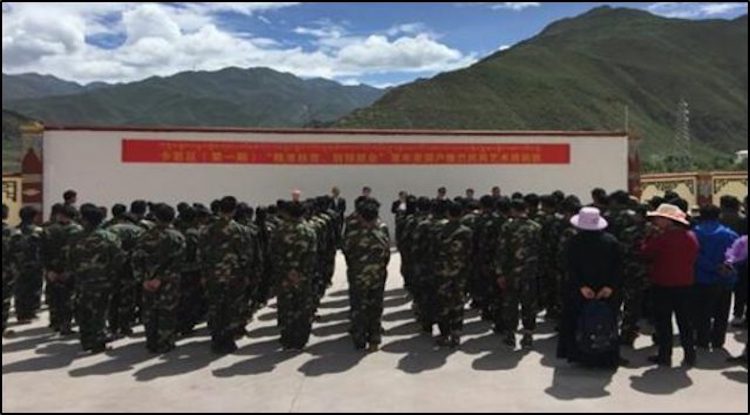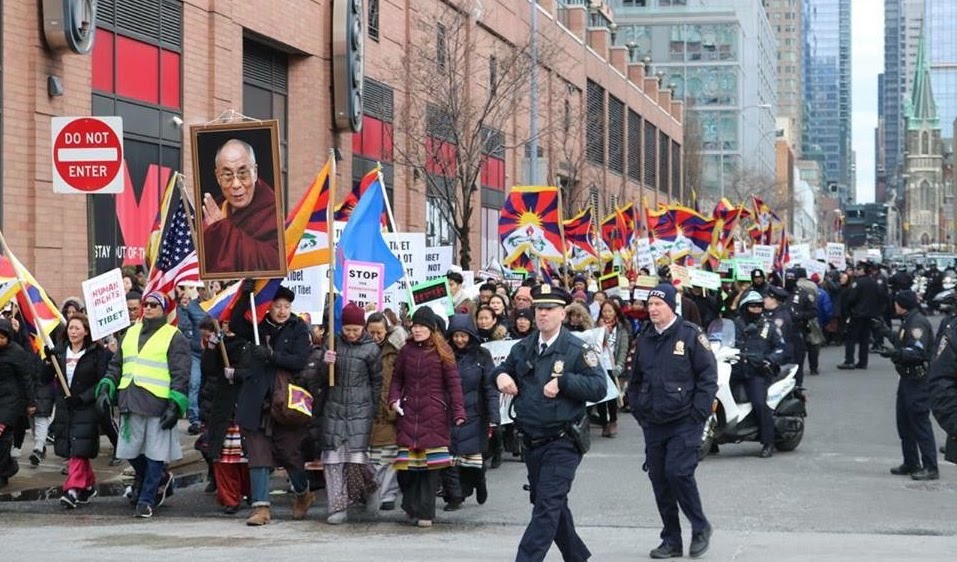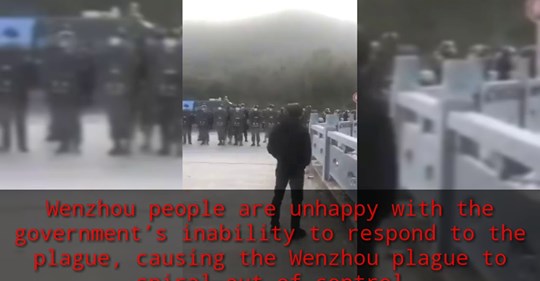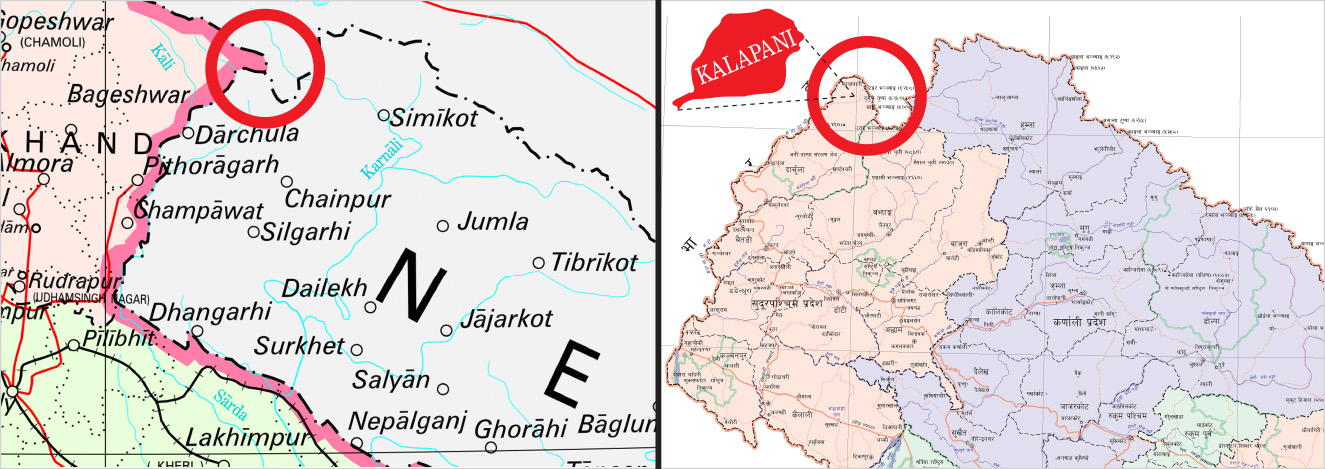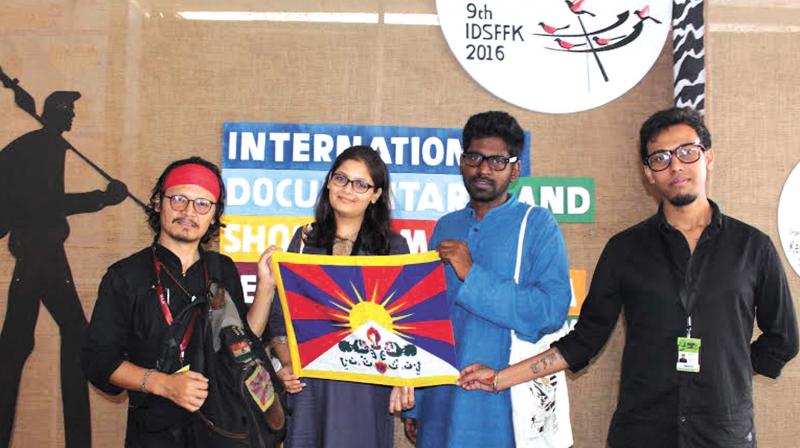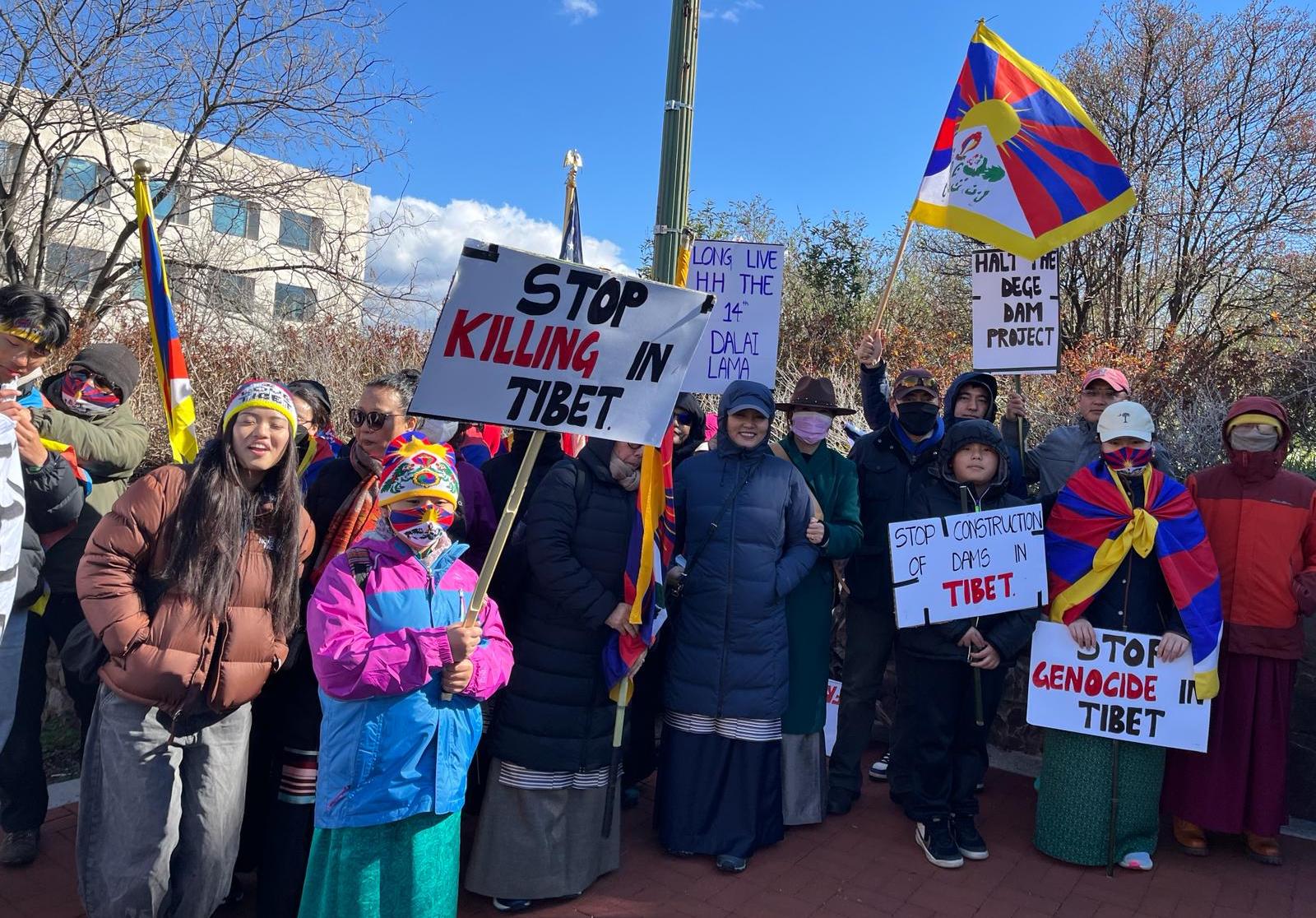
Podcast: for Tibet-Palestine solidarity
The 65th anniversary of Tibetan Uprising Day immediately follows Tibetan protests against plans to flood ancestral lands for mega-hydro development to power the cities and industrial zones of China’s east—a clear parallel to the struggle of the Cree and Inuit indigenous peoples of the Canadian north to defend their territories from mega-hydro schemes to power the megalopoli of the US Northeast. The illegal Chinese occupation of Tibet since 1959 also has a clear parallel in the illegal Israeli occupation of the Palestinian Territories since 1967. Yet the Tibetan and Palestinian leadership have long been pitted against each other in the Great Power game. In a significant sign of hope, Students for a Free Tibet responded to the criminal bombardment of Gaza by issuing a statement in solidarity with the Palestinians, and some leading figures in the Tibetan exile community have drawn the connection between the two peoples’ struggles. Bill Weinberg explores in Episode 217 of the CounterVortex podcast. Listen on SoundCloud or via Patreon. (Photo: Central Tibetan Administration)



